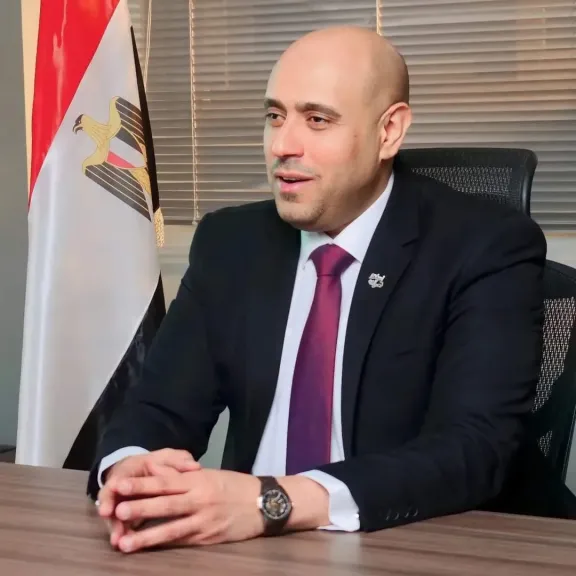Nasrallah: Monitoring Digital Content a National Duty to Safeguard Identity and Culture

Dr. Islam Nasrallah, a digital transformation and technology expert, has praised the state’s unwavering efforts to combat degrading and offensive online content that threatens Egypt’s cultural values and societal norms.
In a press statement on Sunday, Dr. Nasrallah commended the recent arrest of several prominent TikTok personalities convicted of producing and sharing videos that violate public morals, corrupt public taste, and exploit young women.
He stressed that the Ministry of Interior’s decisive action sends a firm message that the state will not tolerate cyberspace becoming a haven for moral chaos or a platform for content undermining national traditions.
> “This move demonstrates the vigilance of regulatory bodies and their ability to leverage technology to trace and detect online violations, ensuring offenders are brought to justice under the law,” Dr. Nasrallah said.
The expert underscored that shielding society—particularly its youth—from behavioral deviations propagated on social media is no longer a matter of choice, but a national responsibility that demands coordinated action from the government, civil society, educational institutions, and families alike.
He also highlighted that this issue extends beyond law enforcement, touching directly on national security by influencing public culture, intellectual development, and the moral foundations of future generations.
Dr. Nasrallah called for the creation of a comprehensive national system for digital content monitoring that integrates legislative, executive, and technological efforts to enforce laws against cybercrime, immorality, and incitement to violence or hatred.
> “We need strategic solutions that harness artificial intelligence and big data analytics to detect harmful content before it goes viral—paired with nationwide awareness and digital literacy initiatives, especially targeting young internet users,” he added.
He warned that some online content creators intentionally seek fame and fast profits by producing provocative material that challenges societal taboos, often without ethical considerations. This, he said, becomes even more dangerous when combined with AI-driven tools capable of creating deepfake videos or orchestrating disinformation campaigns.
To address this challenge, Dr. Nasrallah proposed the establishment of a National Observatory for Digital Content, operating under an independent body of experts in media, technology, sociology, and law. Such an entity, he suggested, would monitor and analyze online trends, issue regular reports on content shaping public opinion, and promote constructive digital material while safeguarding cultural identity.
He concluded by expressing confidence in Egypt’s capacity to build a safe and balanced online environment—one that preserves freedom of expression within the bounds of the law, respects cultural and religious values, and ensures that technology becomes a tool for progress and development, rather than deception and harm.


